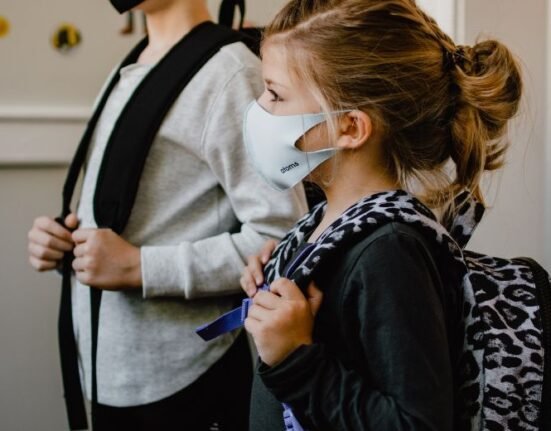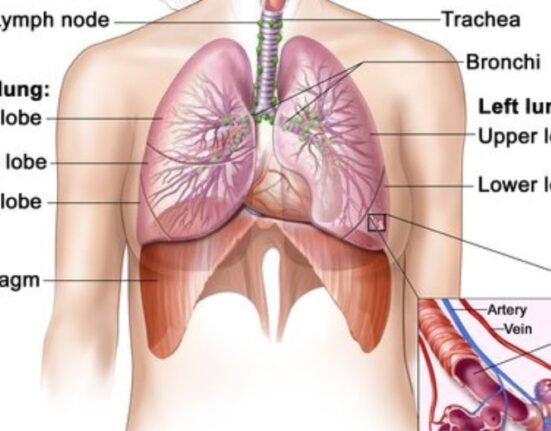HQ Team
August 8, 2024: Vaccinations have saved more than 1.6 million lives in the WHO European Region and Covid-19 is lurking around the world menacingly with its new variants, according to the global health agency.
Vaccines reduced deaths due to the pandemic by at least 59%, saving more than 1.6 million lives in the WHO European Region from their introduction in December 2020 to March 2023.
The WHO-Europe study, published in The Lancet Respiratory Medicine, revealed that today’s known COVID-19 death toll in the Region, currently at 2.2 million, might have been as high as 4 million without the vaccines.
The study found that COVID-19 vaccination saved most lives during the period when the Omicron variant was dominant, from December 2021 to March 2023.
Most of those saved were aged 60 or older, the group at highest risk of severe illness and death from SARS-CoV-2.
‘Semblance of pre-pandemic lives’
Countries that implemented early vaccination programmes covering large parts of the population – such as Belgium, Denmark, Iceland, Ireland, Israel, the Kingdom of the Netherlands, Malta and the United Kingdom – saw the greatest benefit when it comes to the overall number of lives saved.
“The results are clear: COVID-19 vaccination saves lives,” said the study’s author, Dr Margaux Meslé from WHO-Europe. The region comprises 54 nations, areas and territories.
‘Our findings remind us of the integral role played by vaccines to ensure people return to a semblance of their pre-pandemic lives across the region, in work and leisure.”
In May 2023 the World Health Organization declared that COVID-19 was no longer a public health emergency of international concern.
Over the past few weeks, many countries in the Europen region have reported an uptick in the number of cases – a summer wave of COVID-19.
‘Virus has not gone away’
“This is a timely reminder that while COVID-19 is fading into distant memory for millions of people, the virus has not gone away,” according to a WHO statement.
The percentage of patients with respiratory illness who have SARS-CoV-2 in primary care has increased five-fold in the last eight weeks, and the percentage of patients hospitalized with COVID-19 has increased as well.
While the absolute number of cases is lower than the winter wave, which peaked in December 2023, COVID-19 infections in the European region this summer were causing hospitalizations and deaths.
Globally, JN.1 and its descendants, which include the so-called FLiRT variants KP.2 and KP.3, remain the most reported variants.
Recently, KP.3 spawned its descendant, KP.3.1.1, which is now the most common circulating variant in Europe, comprising nearly one-quarter of sequenced viruses. It has been detected in several countries including France, Italy, Spain and the United Kingdom.
No data submission
These belong to the same family – called a sublineage – of SARS-CoV-2, and while they are not believed to be more severe, they are more transmissible.
As many countries within the Europen region do not submit data regularly, an absence of data on specific variants does not necessarily mean they are not present in additional countries.
Current vaccines are effective in preventing severe disease and death among people infected with new variants, and studies are ongoing to ascertain the duration of protection given by booster doses.
The increased number of reported cases this summer could be explained by holiday travel, mass gathering events such as major sporting tournaments and music festivals, and less competition from co-circulating respiratory illnesses such as influenza, according to the WHO.
Unlike seasonal flu, COVID-19 circulates year-round. Until this pattern changes, the region may well experience multiple waves of infection every year, straining healthcare systems and increasing the chance of people becoming unwell, especially the most vulnerable.
Key is surveillance
Surveillance plays a key role in understanding disease patterns and trends, alongside monitoring for the unknown threat of a new variant. Having high-quality surveillance is imperative so that public health authorities can take fast and decisive action to protect populations from potentially more virulent strains of the disease.
“Although we are now out of the pandemic phase, SARS-CoV-2 continues to infect people and lead to hospitalizations and deaths in our Region; therefore, COVID-19 vaccination continues to be important for people who are at high risk of severe outcomes if they get infected,” Dr Meslé said.
As peaks are experienced during the summer, it is impossible to predict how the virus will behave for the remainder of 2024, according to the study.








